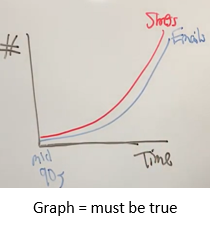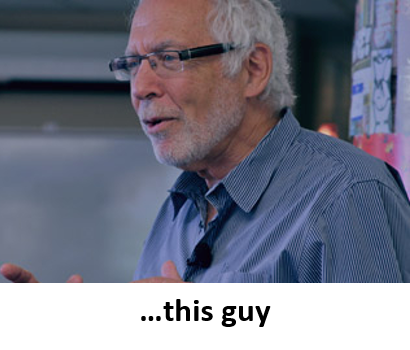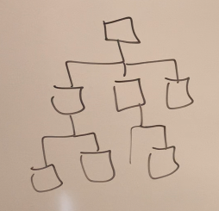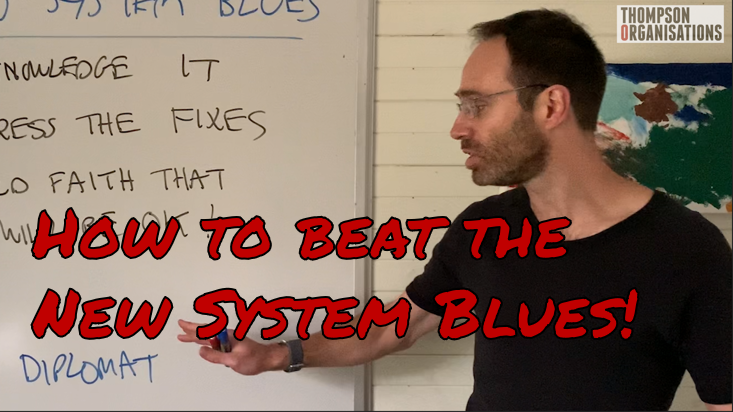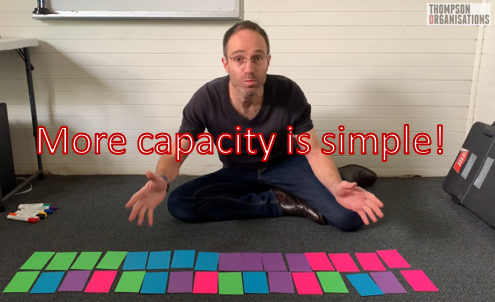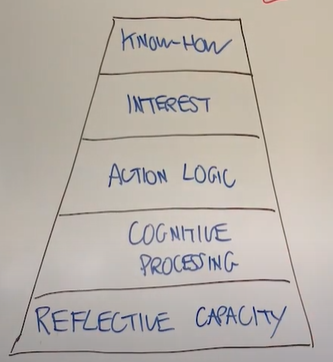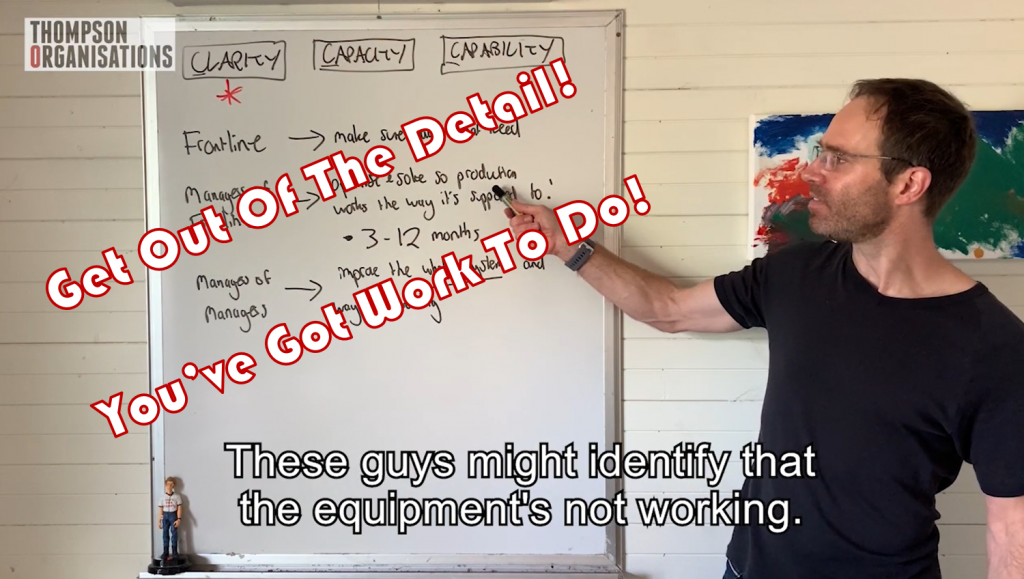Overload – It’s Time To Save Your Sanity
You can also watch this article as a video – click here. 5 mins, with captions.
There’s a disease afflicting everyone in organisational life and it’s hurting people. It’s overload. It needs to be stopped. Unfortunately…that’s now up to you!
The Fundamental Change
Where did this come from? My hypothesis is…the mid-90s (note: ‘hypothesis’, which means a proposition to be investigated. I’m sure there’s research). It was about then that email got going, and from that moment on, assigning work got extremely easy. Just email!
Here’s what I’d suggest the graph would look like if we could do stress and number of emails together:
